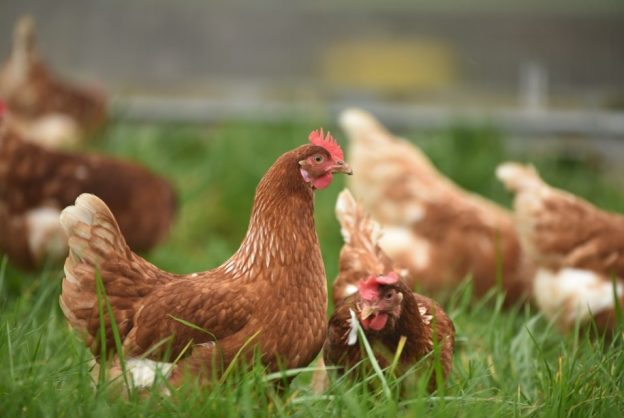“Free-range”, “organic”, and “antibiotic-free” have become popular food supply chain terms. Consumers are more conscious about animal welfare and their own health. As this is happening, the poultry industry has been doing its part to address their issues. There has been an especially strong drive for ABF chicken. So, restaurants, retailers, and producers have begun choosing it. Governments have also come up with stricter regulations to stop the overuse or misuse of antibiotics in animal feed.
You are probably wondering why there has been a large change from many stakeholders globally on this topic. It actually began with worries about antibiotic resistance. In this post, we’ll discuss how lowering the use in agriculture is something that consumers are demanding. We will also talk about how it is being led by big brands and required by governments to help stop this global problem.
Most antibiotic resistance has come from overuse and human misuse of the drugs. Today, the public has concerns about using them in animal feed for multiple reasons. For one thing, eggs, milk, and meat from contaminated animals can shift resistance to humans. Secondly, animals can pass it to us via environmental contamination or live contact.
When did farmers start using antibiotics?
Farmers began putting antibiotics in chicken feed during the 1950s. This was after they linked lower mortalities and quicker body weight gain to their use. Right now, the primary uses in feed is still for promoting growth. They also prevent and treat disease. However, these uses are being restricted more and more.
Denmark is a pioneer here. They have come up with creative ways of following up on regulations. For instance, their government brought in a card system. It names and shames drug abusers. They do this by listing the top farms and veterinarians by the volume they use. Then they pay a visit to enquire why they are using so much.
More countries are following this example and generating their own rules. As a result, the work towards lowering antibiotic use for feed carries on globally.
Which companies offer ABF options?
Many restaurant chains, retailers, and producers have started offering ABF food options in response to customer demands. For example, Subway began serving ABF chicken in March 2016. Papa John’s became the first national pizza chain in America to pledge the removal of antibiotics from its chicken in December 2015.
Our last example is McDonald’s. In August 2016, it fulfilled a commitment it had to halt the use of antibiotics essential to human medicine in chicken production with McDonald’s USA. At present, the company is preparing to restrict the use of feeds with drugs most useful to humans. This is in the chicken served at restaurants worldwide by 2027.
Various producers have transitioned to antibiotic reduction or antibiotic-free production. This is in spite of the obstacles. To stop poultry disease and encourage growth, it is essential to make vital changes to make spaces as comfortable and beneficial for the animals as possible.
The exterior environment
It helps to have nutritionalists examine environmental factors here. These include air quality and drinking water. Vaccination programs, farm management, and biosecurity also play a part in safeguarding the flock.
The interior environment
What you need to look at here is gut health. It ties in directly with growth, performance and immunity. A complete gut health program helps us to lower antibiotic use in poultry. It does so by weeding out negative organisms prior to their colonisation in the intestinal tract. It is a good idea to preserve microbial diversity because it enhances the animal’s natural defences.
We offer easy access to agricultural items like animal feed
At JS Hubbuck Ltd, we make sure that anyone working in agriculture is ready by giving access to lots of high quality products. More importantly, we have exceptional knowledge of them. So, we can advise clients about what to choose for different needs, including animal health items and more.
So, if our company interests you and you would like to know more about animal feed or anything else, you are welcome to contact us. We would love to hear from you.

